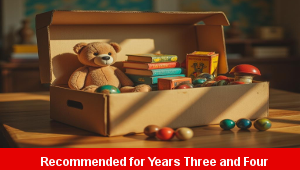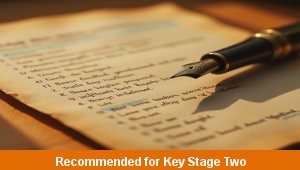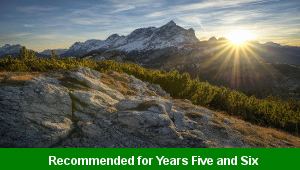Home > Key Stage Two > English > Extra > Bonfire Party
Lesson One – Bonfire Guests

This English teaching pack for Key Stage Two gets the children to identify and record some of the special formal and informal vocabulary that might be used when inviting different groups of people to a Bonfire Night party.
The class can practise converting special vocabulary phrases for some model invitations between informal and formal language to make comparisons between the writing.
Download this teaching pack including a lesson plan, classroom activities and an interactive presentation to identify and record some of the special formal and informal vocabulary that might be used when inviting different groups of people to a Bonfire Night party
Activities in this teaching pack include a shared reading text to identify when to use formal and informal writing in a text to match the intended audience and a worksheet and set of cards to record and match examples of formal and informal writing that can be used in a text for the intended audience.
The interactive presentation gets the children to explore how to record some of the special formal and informal vocabulary that might be used when inviting different groups of people to a Bonfire Night party.
This lesson is part of an English scheme of work to get the children to select and use formal and informal language to compose invitations, letters and speeches for a family and town party on Bonfire Night. There are teaching activities for shared learning, differentiated worksheets to support independent learning and interactive presentations to introduce concepts and key skills.
-

Determinant Lists
Explain and model how to make lists of objects used and found in different locations to match the correct determinants of a and an
-

English SPAG Assessment
Assess abilities in composing sentences for fiction and non-fiction using the correct spellings, punctuation marks and grammar vocabulary phrases
-

Maths Arithmetic Assessment
Assess abilities in solving arithmetic number problems for addition, subtraction, multiplication and division when working with informal and formal written calculations
-

Environment
Identify and describe some of the special landscapes and locations that can be found in the world and reflect on how they can be protected and preserved for the future
